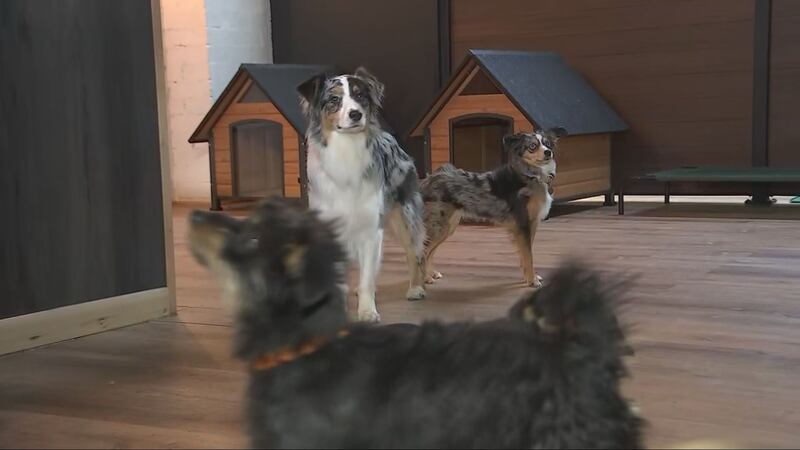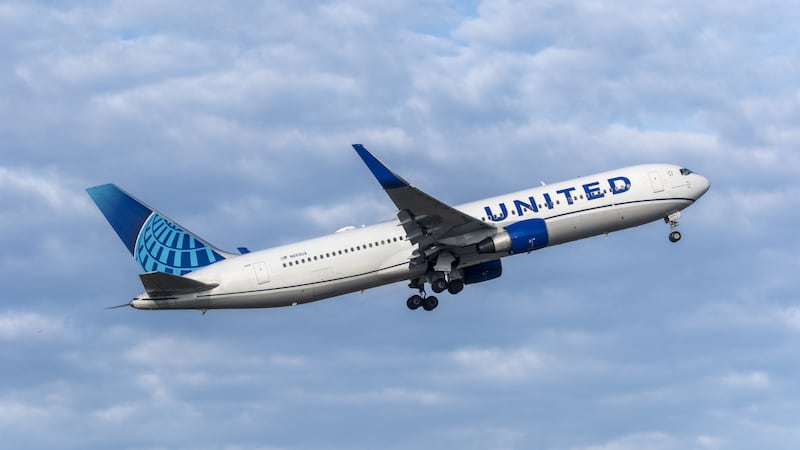Now that a mysterious dog disease has made its way officially to Washington State, the state veterinarian, Dr. Amber Itle, is asking dog owners to be vigilant. Itle said they haven’t been able to pinpoint an exact cause of the disease and they’re trying to get data they need from laboratories to understand more.
“What we don’t know is if this is something new or is it just something where we’re having outbreaks of disease presenting in a different way,” Itle said. “We’re definitely looking into these cases we’re doing the investigations, we’re trying to get the data that we need through laboratories so we can really understand what we’re looking at.”
Shannon Rau is the owner of Martha’s Garden in Seattle. She told KIRO 7 that she is taking extra precautions to keep dogs safe.
“We’re really keeping our play groups very small right now,” she said. “We’re just kind of making sure everything is one-on-one or really deep cleaning everything between uses,” she said.
Itle said there are symptoms dog owners should be aware of.
“So as soon as a dog starts coughing as soon as we get a little runny nose or watery eyes, the dog is lethargic or not wanting to eat that’s when we really want to get that dog into the vet immediately,” Itle said.
One of the best ways to protect your dogs is to make sure they are fully vaccinated. That is a requirement at most doggie daycares. Itle also said to avoid dog parks and keep dogs from congregating if possible.
“In daycare, you know that everyone has all of their vaccines, they’ll have their Bordetella, their Distemper, their rabies,” Rau said.
With the holidays around the corner, many still may need to board their dogs. Rau said to make sure to ask about cleaning protocols.
“If you ask someone, if they’re able to tell you that’s a really good sign,” she said.
She also said to ask about playgroup sizes.
“One of the questions you always want to ask your dog daycare is how big are your playgroups and that does determine how much one-on-one care your dog is being given,” she said.
So far in Washington there have been two confirmed cases of the disease, one in Snohomish County and the other in Clark County. Both dogs are recovering.
©2023 Cox Media Group







